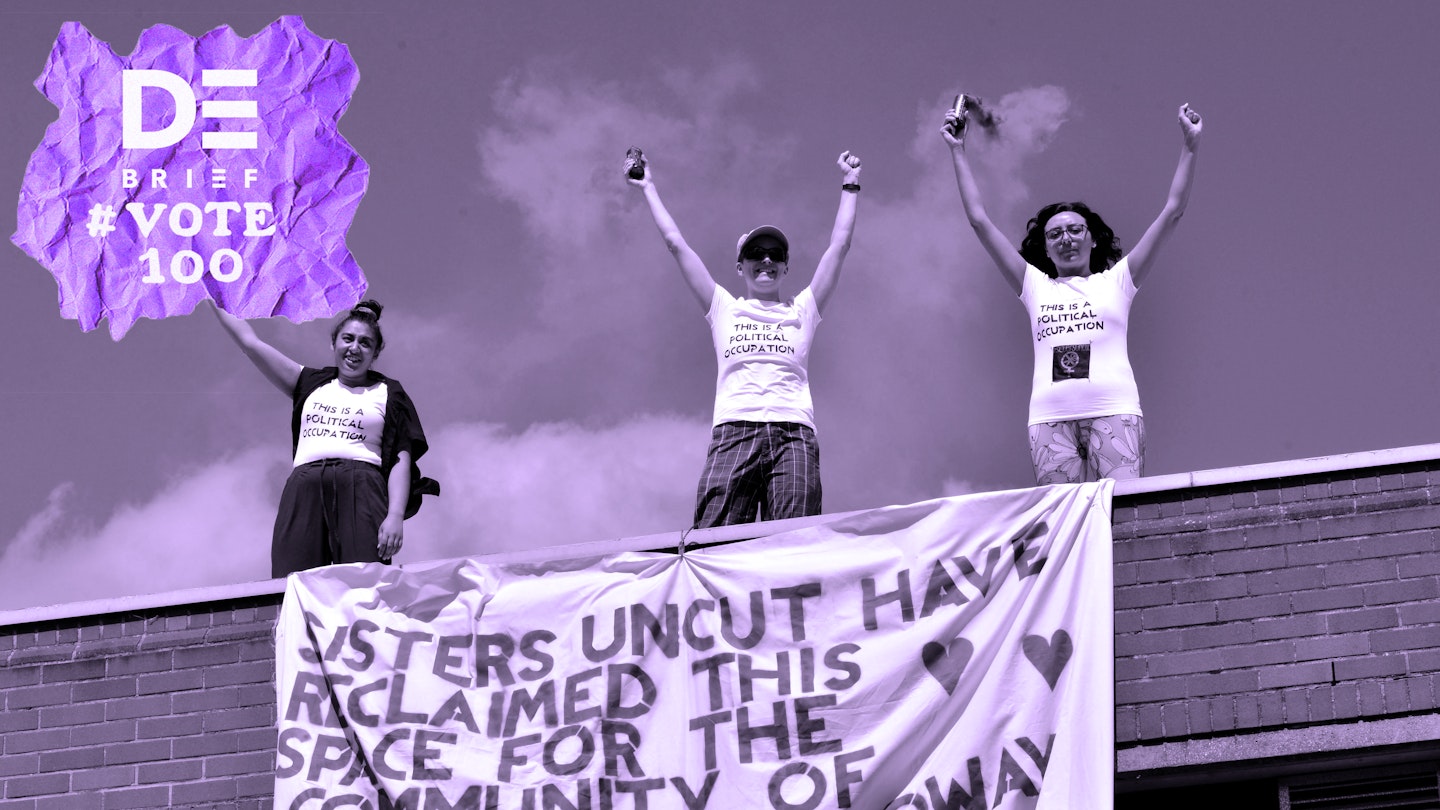In August 1968 issue 73 of the feminist magazine, Spare Rib was published. The cover line read: ’90 years ago…matchgirls strike…50 years ago..women vote…but how far have we come?’
50 years on, as we mark the centenary of (some) women (over the age of thirty) being granted the right to have a say in our parliamentary democracy it’s worth asking the same question:
100 years ago, women were allowed to vote for the first time in this country, but how far have we really come?
On paper, there is progress. The Abortion Act was introduced in 1967. The Equal Pay Act and Sex Discrimination Acts respectively came into effect in 1975. In Scotland, it was ruled for the first time that sexual harassment was sex discrimination that could be legally challenged in 1986. And, in 1993, the Trade Union reform and Employment Rights Act guaranteed every working woman the right to maternity leave for the first time.
There is no doubt that none of the above would have happened if it weren’t for the groundwork laid and sacrifices made by the Suffragettes and the women who came before them. Without the 1918 Representation of the People Actthere would have been no woman MPs to champion the legislation which brought about these changes.
However, progress on paper does not equal progress in real terms. Around the world there are still women who are denied the right to vote or for whom voting is very difficult. At home, abortion is still unlawful in Northern Ireland and not as easy to access as it should be in the rest of Britain. Indeed, more than this, there are still people with public platforms and influence – like Jacob Rees Mogg – who openly oppose abortion and are unashamed to espouse such views with no regard for women’s right to autonomy over their own bodies. Perhaps even more worrying than the fact that an elected official holds these views is the fact that when he expresses them there is little to no public backlash against him.
**READ MORE: Meet The Millennial Women Driving Change **
Debrief Meet The Millennials Still Pushing For Progress
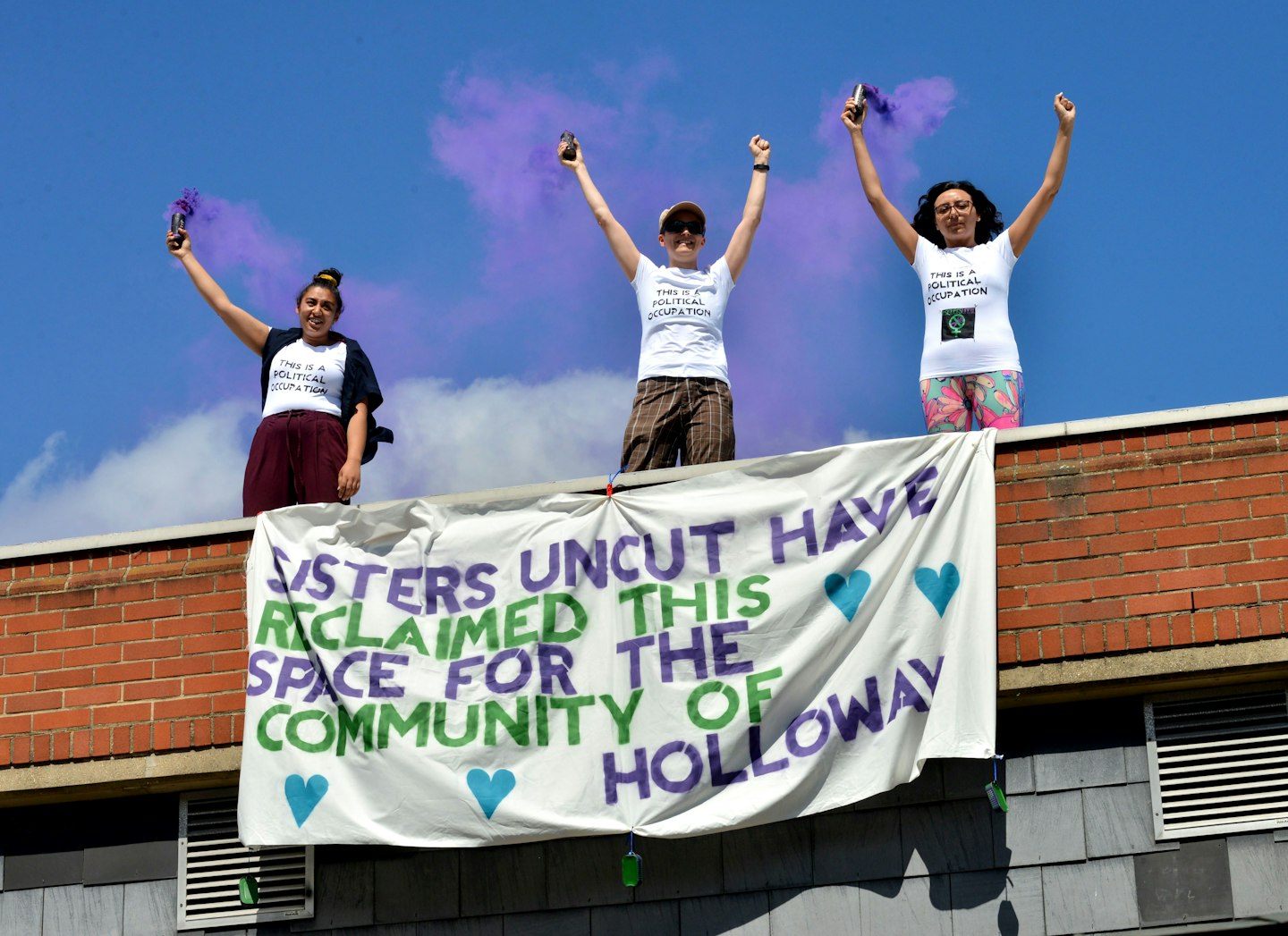 1 of 10
1 of 10Sisters Uncut
 2 of 10
2 of 10Reni Eddo-Lodge
 3 of 10
3 of 10Ruby Tandoh
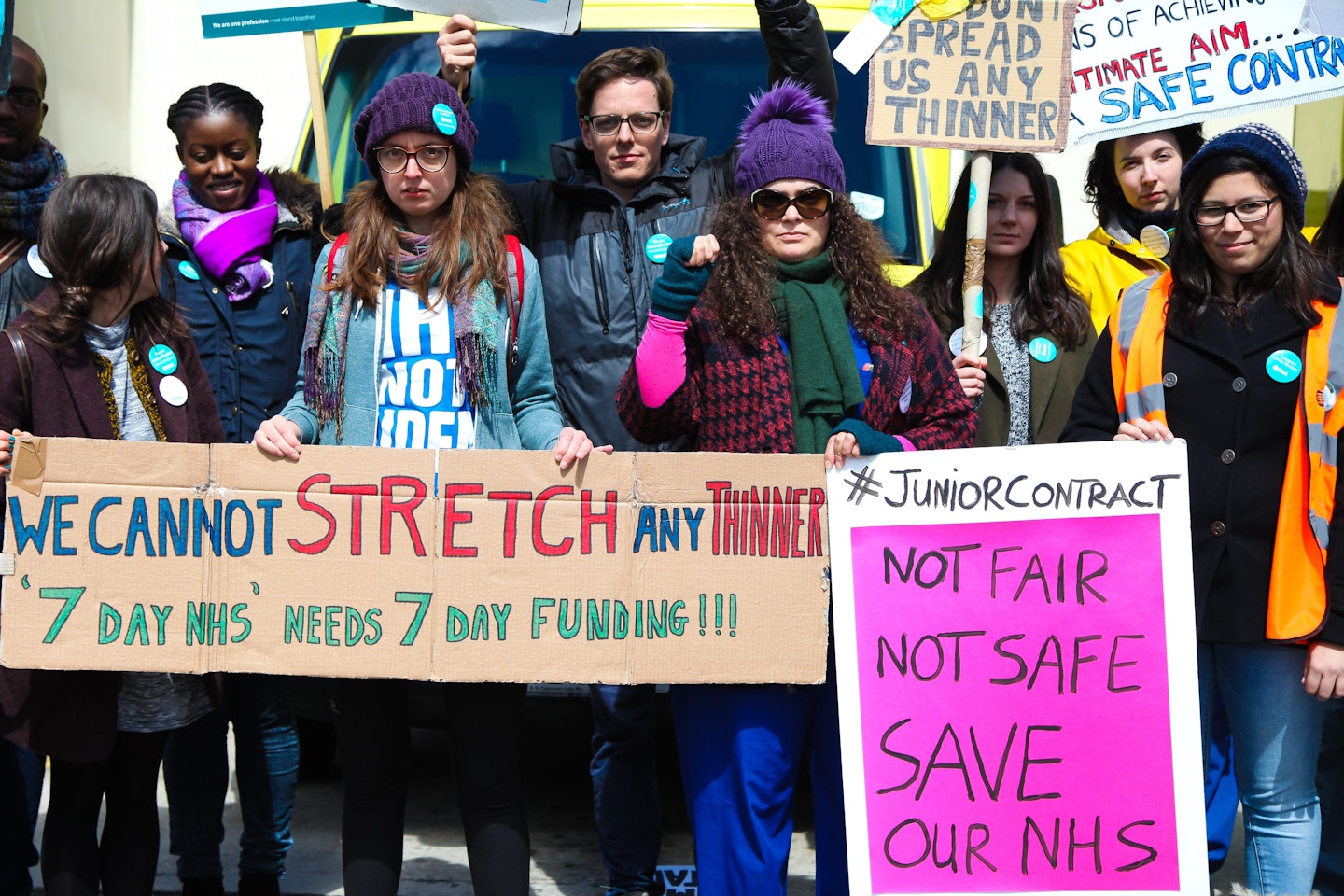 4 of 10
4 of 10Junior Doctors
 5 of 10
5 of 10Charlie Craggs
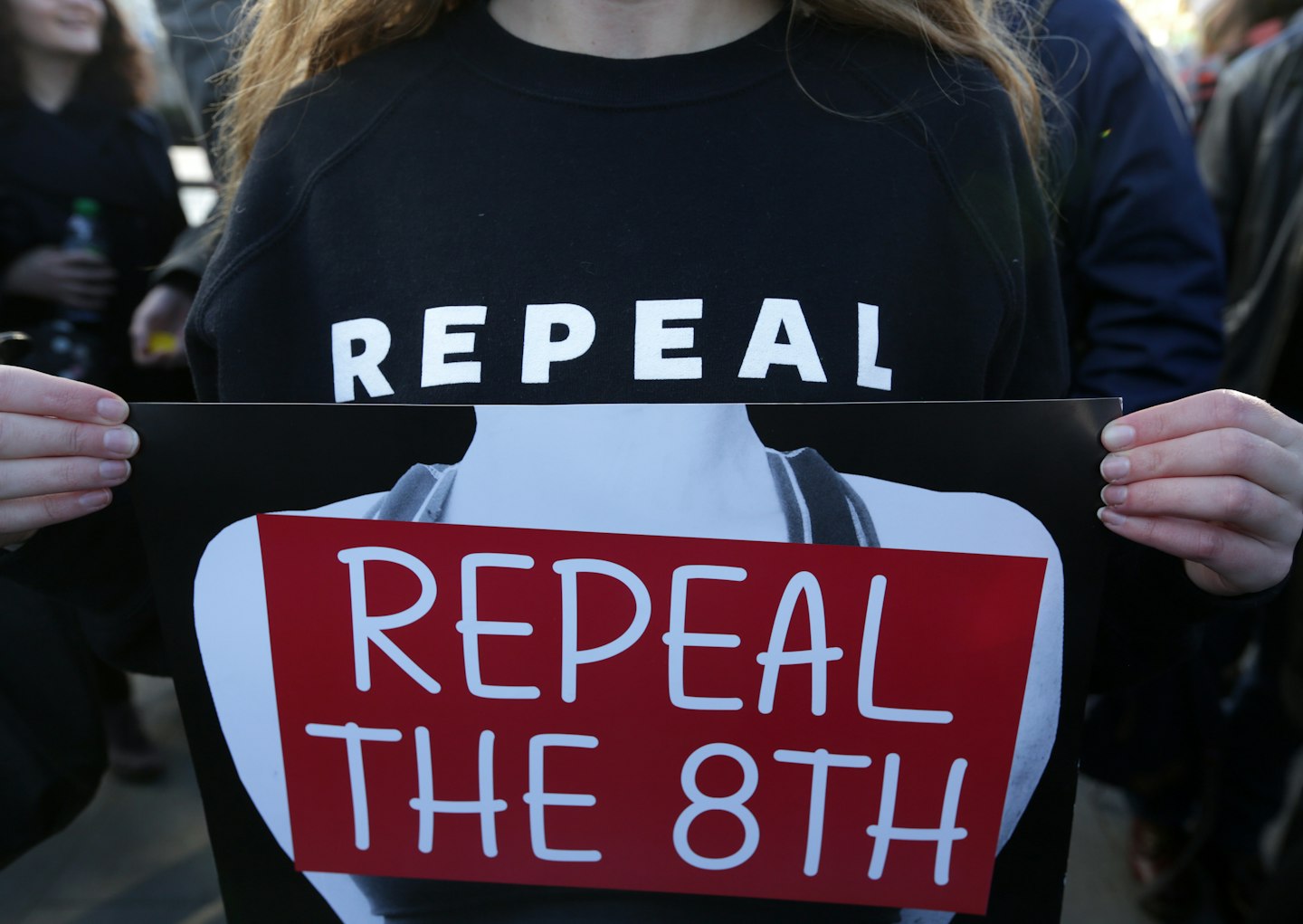 6 of 10
6 of 10Repeal The 8th
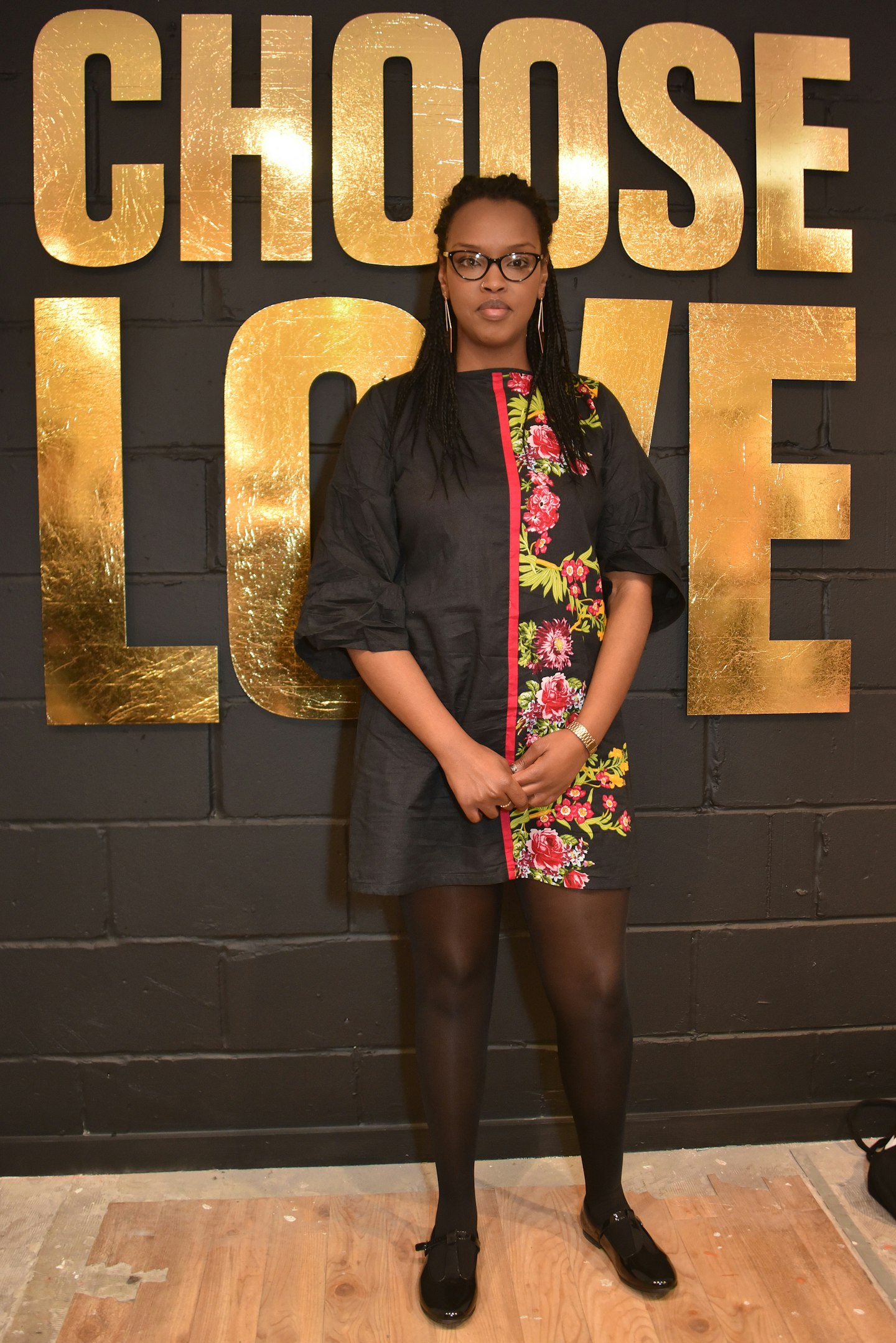 7 of 10
7 of 10Nimco Ali
 8 of 10
8 of 10Malala Yousafzi
 9 of 10
9 of 10Women Trainee Teachers
 10 of 10
10 of 10#MeToo
It is illegal to pay women and men differently for the same work and yet, still, the stubborn gender pay gap persists. Despite campaigning, endless political posturing and impassioned speeches from the few women CEOs out there, we just can’t seem to get rid of it. The most recent data shows that the gender pay gap for full-time workers is entirely in favour of men across all occupations. It shows that the pay gap, which widens from the age of 40, is now also expanding for women in their 20s. It shows that the gap is reducing at a glacial pace.
On gendered pay, the government is taking action, compulsory reporting of the gender pay gap for companies with more than 250 employees by April of this year has been demanded but what all of this tells us is that legislation is not enough. The World Economic Forum estimates that it could take another 170 years to close the gap once and for all. The law can only go so far in challenging a pervasively sexist status quo. Why are men paid more than women? How do even public corporations like the BBC manage to weasel out of paying men and women equally?
Until we tackle the attitudes that underpin anti-abortion opinions or pay discrimination, nothing will change. Which, conveniently, brings us to maternity rights. At the first meeting of the Women’s Liberation Movement in Oxford in 1970 the members said four things were needed for true equality between men and women. These were equal pay, equal education, free access to abortion and contraception on demand and, finally, free 24-hour child care.
If our generation was going to protest in favour of anything it should be this. Why? Because experts acknowledge that we will not close the gender pay gap until we sort out maternity pay, the cost of childcare and maternity rights. Some women are forced to stay at home because childcare in this country is so expensive that is cheaper for them not to work. Childcare in Britain is more expensive than many other places in Europe and, to really rub salt in the wound, a TUC report released last year revealed that British maternity pay is some of the worst in Europe.
The Suffragettes put themselves in danger, in prison and up for public criticism so that we would all be born into a world where our right to vote was so established that some of us would even take it for granted by not bothering to show up.
As ever, as the likes of Sisters Uncut regularly remind us, data shows that all of the above affects women from marginalised, low income and disadvantaged backgrounds even more acutely. Today, we may not have a neat, clear and obvious cause to rally around like the right to vote but we have much cause to protest and campaign. Perhaps the problem, as demonstrated by the many ways in which women are relating to #MeToo, is that the inchoate but insidious forces of sexism which inform the injustices above and inchoate and not always easy to pin down. Equally, perhaps the problem is that the gender pay gap is not as simple as equal pay or that maternity rights are complex and difficult to get passionate about until it affects you. Ditto the toll of domestic abuse and cuts to support services which, by the way, is the death of one woman every three days in Britain.
100 years on from the Suffragettes victory, we still have a long way to go. Only 32% of MPs in Parliament are women, we need to exercise our right to vote, which they fought so hard for, and encourage our peers to run for office so that there will be more Barbara Castles to champion legislation that promotes equality.
When, and only when, women are equally represented in Parliament with real power will we be able to overcome the obstacles which maintain entrenched gender inequality in this country. It’s not only the law that needs to change, it’s the way our society feels about women and that won’t change until it’s no longer unusual to see them in positions of power.
Follow Vicky on Twitter @Victoria_Spratt
This article originally appeared on The Debrief.
